5 Ways to Help Find The Light In The Darkness
Sheryl from A Chronic Voice, as well as sharing her own stories and lessons with chronic illness. Sheryl is an excellent support to other bloggers and writers living with illness and chronic pain. One such way is through monthly link-up parties whereby bloggers and writers share their stories through given prompts. For November, I have looked at ways to help find the light in the darkness during depressive episodes.
Trapped Inside A Revolving Door of Misery
During recent times it has often felt that I have become trapped inside a revolving door of misery. The symptoms I live with; symptoms that are already constant have become even more severe and relentless. Unsurprisingly, this has had a knock-on effect on my mental health; becoming depressed and anxious as the present flare refuses to abate. The result of which only exacerbates the already oppressive physical symptoms, which only makes me even more depressed and anxious. All in all, it feels like a terrifying ride I cannot get off.
"It has had a knock-on effect on my mental health; becoming depressed and anxious. The result of which only exacerbates the already oppressive physical symptoms, leaving me even more depressed and anxious." Click To Tweet
Life with FND has taught me that I have very little control over its physical symptoms. The symptoms have a mind of their own, and any attempts to rein them in only prove to be futile. When experiencing this type of severe flare, the only thing I can control is how I react to such events. And the only aspect of my health and current flare I can take control of is my mood. It is up to me, therefore, to find ways in which to find the light in the darkness; ways in which to lift my mood and make me feel a little better despite such unrelenting physical symptoms.
"Life with FND has taught me that I have very little control over its physical symptoms. The symptoms have a mind of their own, and any attempts to rein them in only prove to be futile. The only thing I can control is how I react." Click To Tweet5 Ways to Help Find Light In The Darkness During Depressive Episode
What works for one person, however, may not work for another. So often it is trial and error to see what will work for you. But below are some suggestions which may help you out of a depressed or anxious funk, and help find light in the darkness during such episodes.
Incorporating a Comfort or Joy Box In Your Life
Well, what is a comfort or joy box? Put simply, a comfort or joy box is one which you keep items that make you feel happier or bring you comfort and to help you cope on those inevitable bad days.
"Put simply, a comfort or joy box is one which you keep items that make you feel happier or bring you comfort and to help you cope on those inevitable bad days." Click To TweetI know how all-encompassing those days where anxiety and depression run rampant that it can be difficult even to remember what helps you get through such difficult days. Or fatigue that is so intense prohibits you from even searching for such items. Hence, by keeping them in a box altogether, in easy reach is so useful. Even using bright, colourful decorations to adorn the box is also enough to lift your mood during the dark days.
In my box, I like to include a whole host of brilliant comedy films; The Proposal starring Sandra Bullock being amongst my favourites. It isn’t easy to find humour or joy when chronic pain is overpowering your entire life. Watching such brilliantly films, therefore, is a welcome distraction from the excruciating effects from living with chronic illness. And it’s also a welcome reminder that I can still laugh and find joy even through the difficult days!


My own personal Self-Care Box
Experimenting With Pushing Your Comfort Zone
I know that when withstanding such challenging flares, it can feel safer staying within your comfort zone. Often, the depressed and anxious voices that accompany such confronting periods whisper lies that you cannot do something or push yourself because of the limitations caused by such intense symptoms.
"Often, the depressed and anxious voices that accompany such confronting periods whisper lies that you cannot do something or push yourself because of the limitations caused by such intense symptoms." Click To TweetAnd although yes, it feels safe and secure staying within these limits, it only serves, however, to worsen the depressed and anxious feelings that accompany such flares. Staying inside the self-imposed limits chips away from your self-confidence, hating yourself, even more, when unable to escape.
But by pushing yourself outside your comfort zone using small, incremental steps may help you to increase your self-confidence and lessen anxiety. When successfully stepping outside your comfort zone, it increases your self-confidence as you begin to realise that you can do that thing or go to that place despite your symptoms telling you otherwise. The anxiety that arises when leaving your comfort zone also begins to lessen as you realise that you can do more than you believe.
"But by pushing yourself outside your comfort zone using small, incremental steps may help you to increase your self-confidence and lessen anxiety." Click To TweetSanitising Negative Thoughts
When experiencing a prolonged severe flare, it is so tempting to attend to the negative, depressed and anxious thoughts that accompany such a time. The thoughts that scream ‘you’re worthless and useless’, or those that tell you that this current flare will never end. And thoughts that entirely concentrate on how awful you are feeling and how oppressive the symptoms have become.
"When experiencing a prolonged severe flare, it is so tempting to attend to the negative thoughts that accompany such a time. The thoughts that tell you that this current flare will never end." Click To Tweet
These thoughts, unfortunately, we are forced to hear. However, we can choose not to listen to them or give them the attention they crave. Instead, in order not to be buried further into a pit of depression and anxiety, we need to learn to ignore and sanitise such negative thinking.
"Instead, in order not to be buried further into a pit of depression and anxiety, we need to learn to ignore and sanitise such negative thinking." Click To TweetInstead, we need to focus on positive thinking and reminding ourselves of affirmations such as ‘This too shall pass.’ The more that we can think more positively, the more we start to believe such thinking and start to see the light out of the darkness.
Launching A Regular and Consistent Sleep
Sleep can be a tricky endeavour when living with chronic illness and chronic pain. And especially during severe flares, it can be even harder to achieve. But, not getting enough sleep can also worsen feelings of depression and anxiety, further making it harder to cope with the physical demands of chronic illness. I know myself, that if I do not get enough sleep the next day I am miserably exhausted, pain levels rise, mood dampens and left unable to cope.

But by developing a healthy bedtime routine; one that lets your body know it’s time to sleep can really help towards a good night’s sleep. For example, going to bed around the same time, every night allows the body to adapt to a more healthy circadian rhythm. And indulging in your favourite self-care practices before bedtime is also recommended as a way of relaxing both body and mind. For me, I like to read for at least thirty minutes before switching the light off. If pain continues to be a problem, consider using a heating pad against the most painful areas.
"But by developing a healthy bedtime routine; one that lets your body know it's time to sleep can really help towards a good night's sleep." Click To TweetWriting The Blues Away
Illness has taken so much in my life – my mobility, identity and self-confidence, to name a few. For me, writing has allowed me to reclaim power back from the claws of chronic illness. Articulating my experiences through journaling and blogging allows me to process the experience of being chronically ill. It also helps validate such experiences, revealing hidden vulnerabilities that even I may not have been aware of, if not for purging my emotions on paper.
"Illness has taken so much in my life. For me, writing has allowed me to reclaim power back from the claws of chronic illness." Click To TweetBy writing my feelings, and becoming aware of masked insecurities it also allows me to become better adept at finding ways to manage fears and anxieties that arise during difficult times. For me, writing has become an important outlet for the frustrations of living with a chronic illness. It truly is a cathartic experience.

A Purpose In Writing
But it is a cathartic experience that not only helps me but allows me to connect with and help others in similar situations. Every like, retweet and comment on one of my many blog posts is a reminder that I am not alone in my struggle of living with illness, and hope others feel the same when reading my words. It is writing that has given me purpose and confidence in my abilities as my skills have improved. And I have become happier and self-confident as a result.
"Every like, retweet and comment on one of my many blog posts is a reminder that I am not alone in my struggle of living with illness, and hope others feel the same when reading my words." Click To TweetOne exercise that has really helped me is by writing down everything that I am worried about before bed. By leaving my anxieties on the page, they are no longer playing on my mind and making a good night’s sleep much easier to come by.
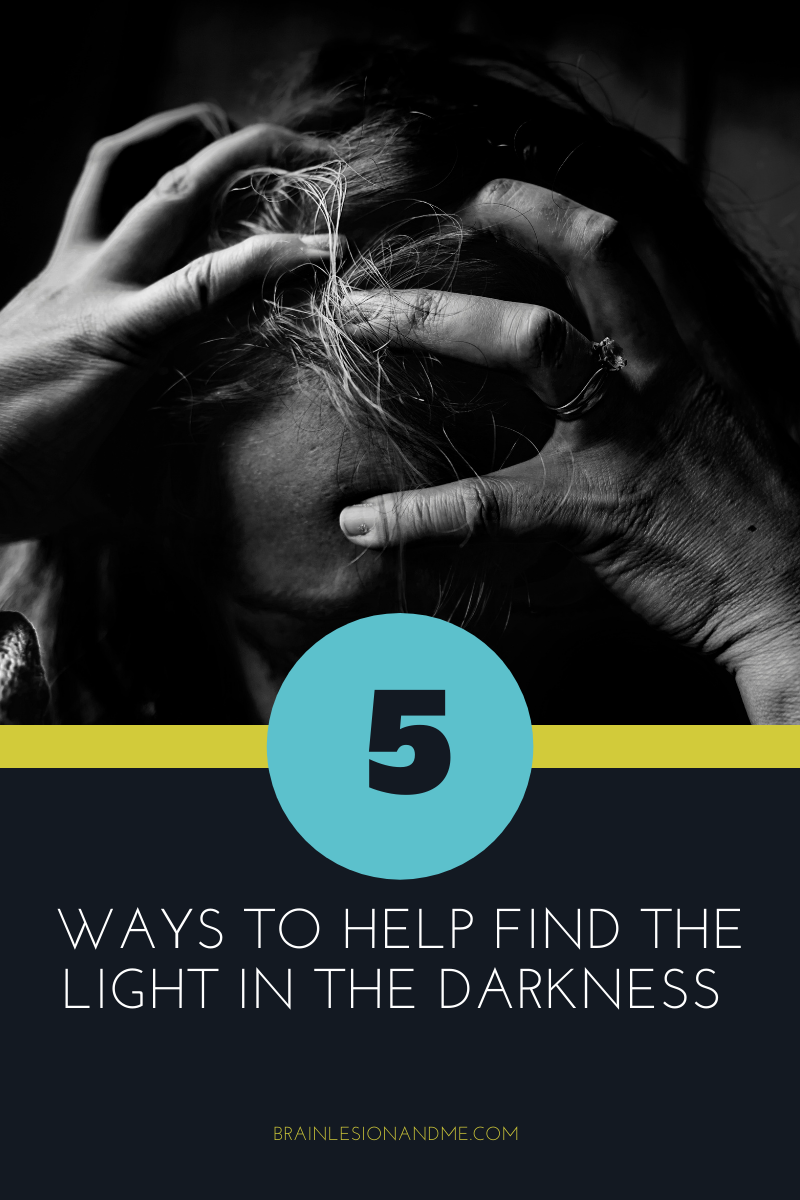
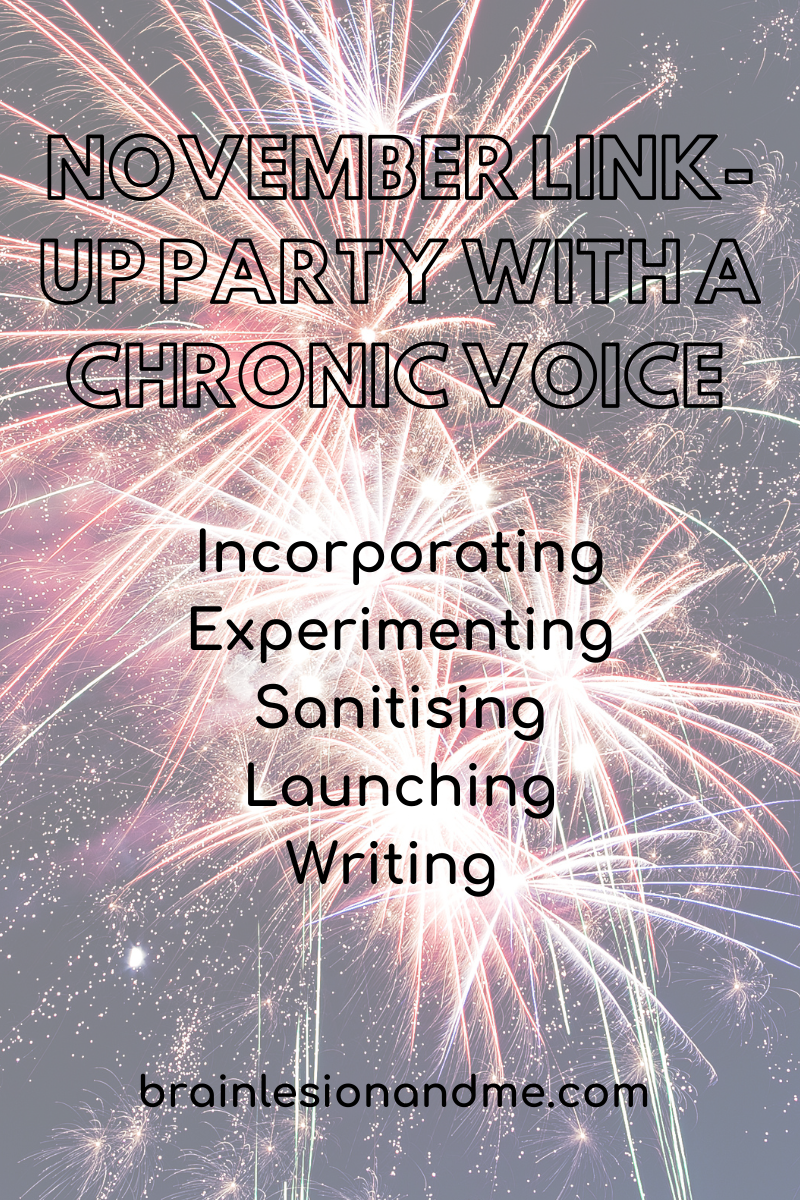
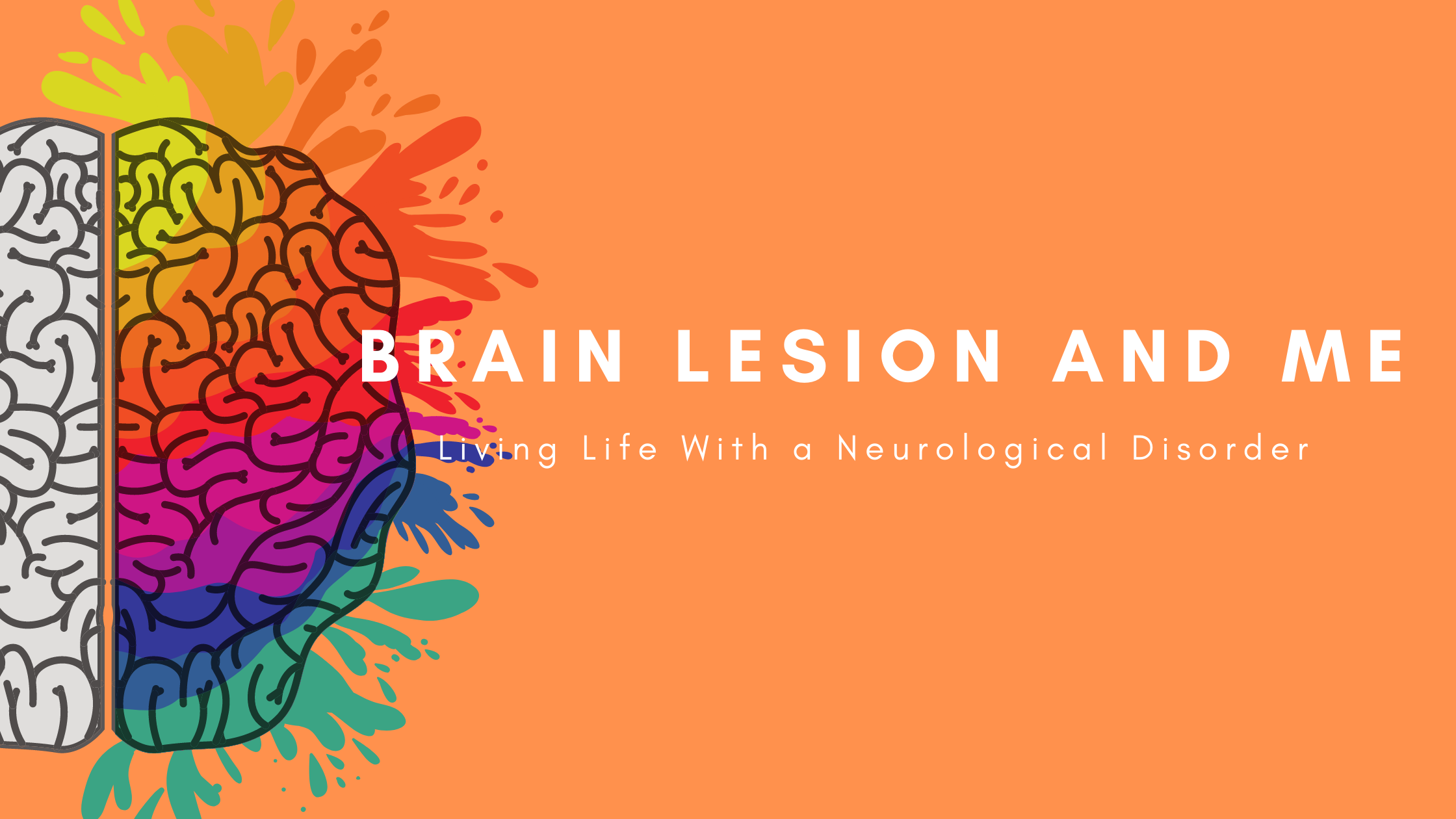
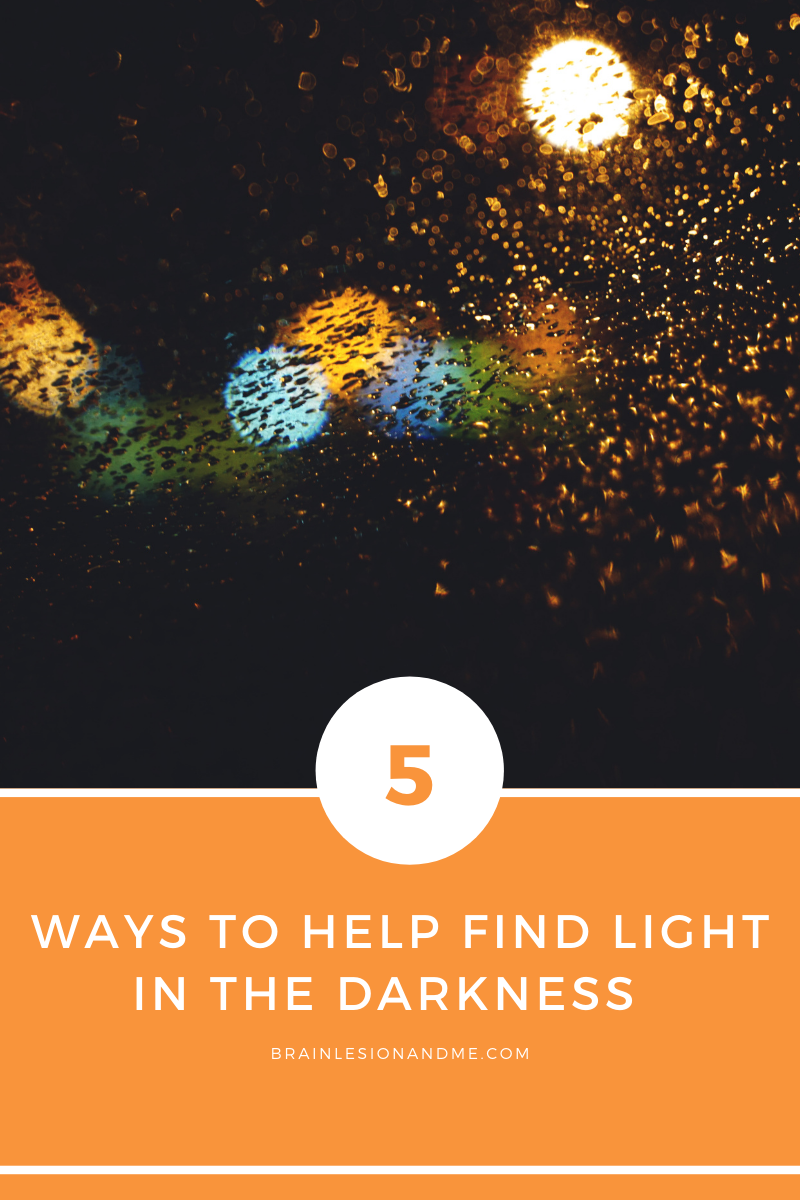

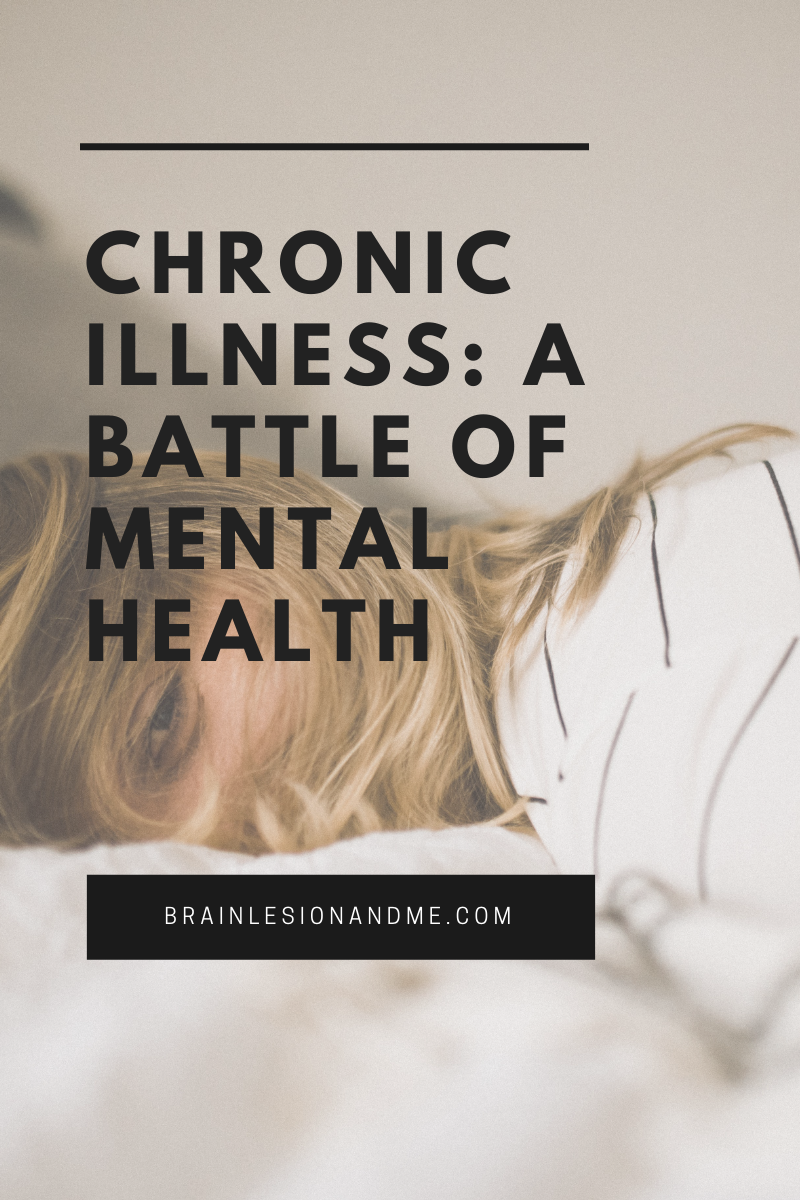
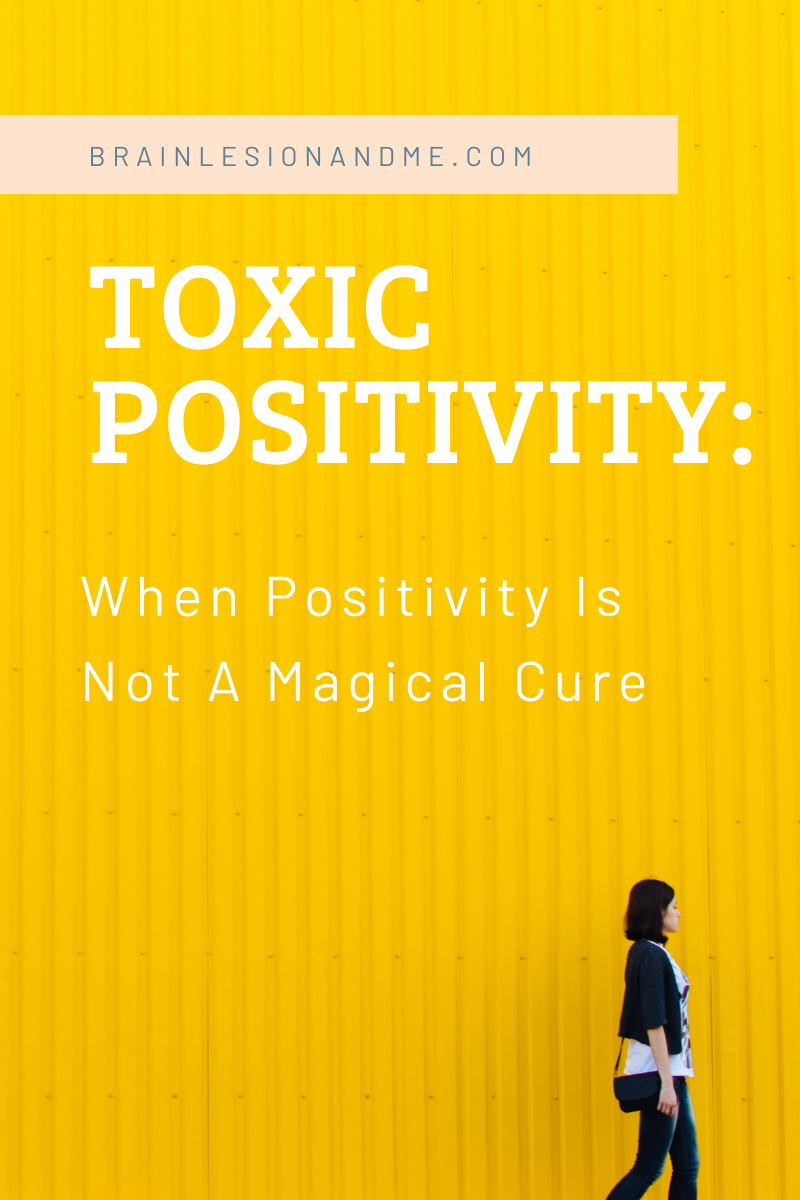
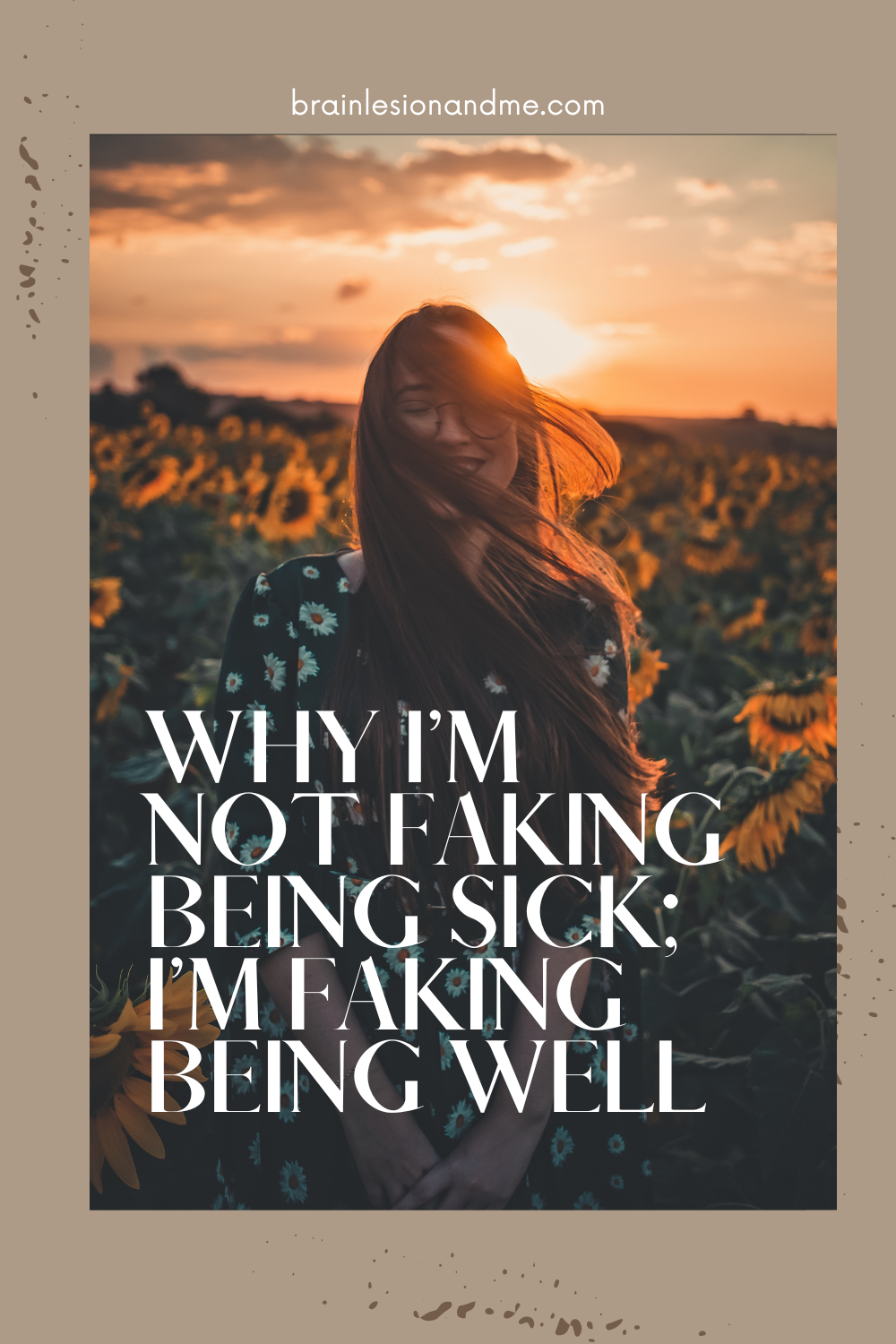

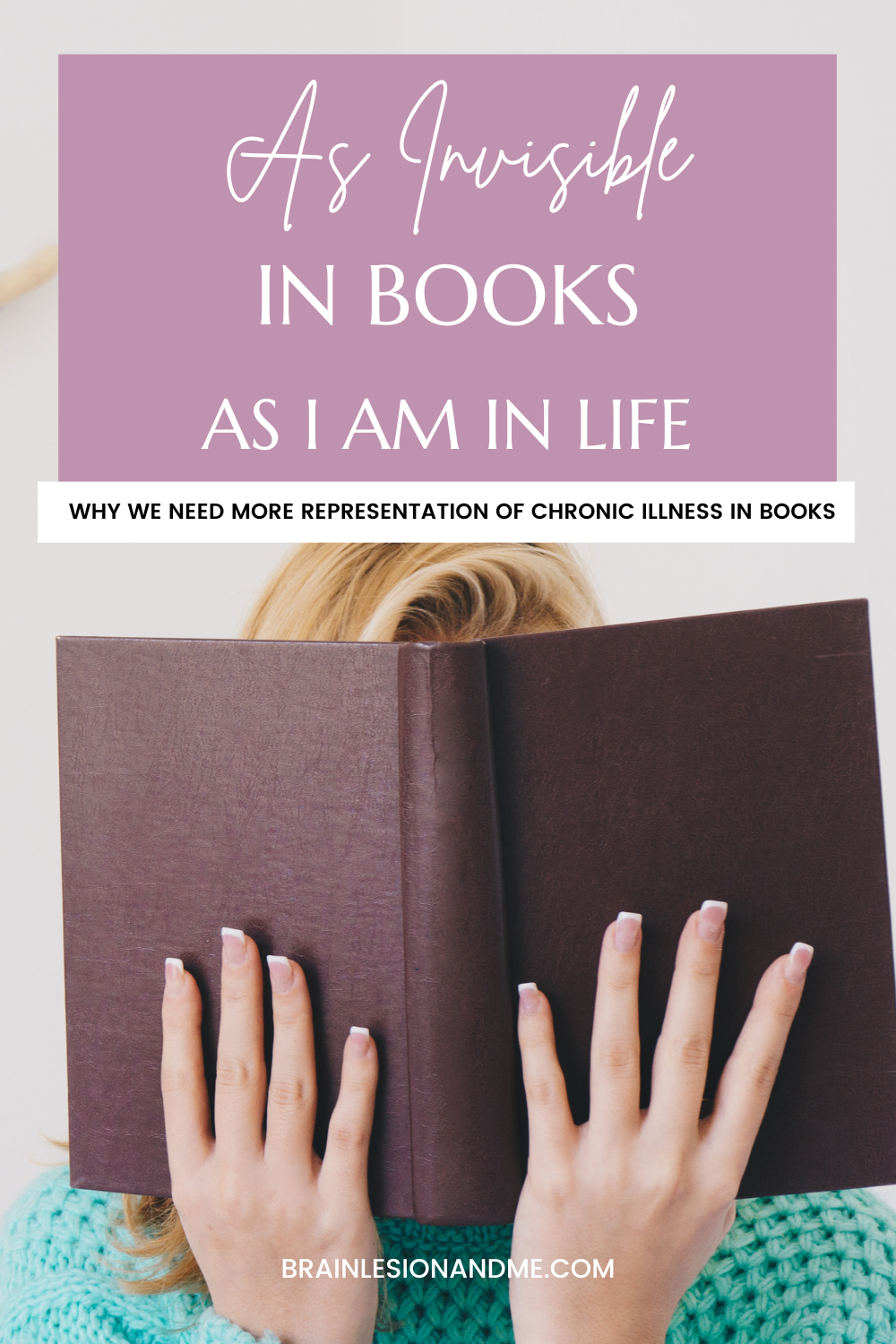
Anne
I love the idea of a comfort box, and I love The Proposal. It doesn’t matter how many times I watch it I always giggle away at the scene with the dog, the bird and the phone. Writing is such a good way of relieving the stresses of living with a Chronic Illness. This is a great post Rhian, so helpful x
Caz / InvisiblyMe
I love your exploration of the prompts, Rhiann, very nicely done. You’ve given some great suggestions and inspiration here. I liked seeing your self-care box as well, it’s always interesting to be nosy and see how others do such things. I used to have something similar in my teens but for general mood, and then I tried again about two years ago when my pain management therapist suggest it for depression and pain. I think during these dark times, the things we need the most are the hardest to see or find or get the energy to use, so having a few tools together in one place makes it more convenient. Fantastic post ♥
Caz xx
Via
This is a fantistic post! It’s so hard to deal with a depressive episode, especially on top of chronic illness. It’s so important to ‘sanitize’ and challenge your negative thoughts. Thank you for being so open and candid, this is a beautiful post.